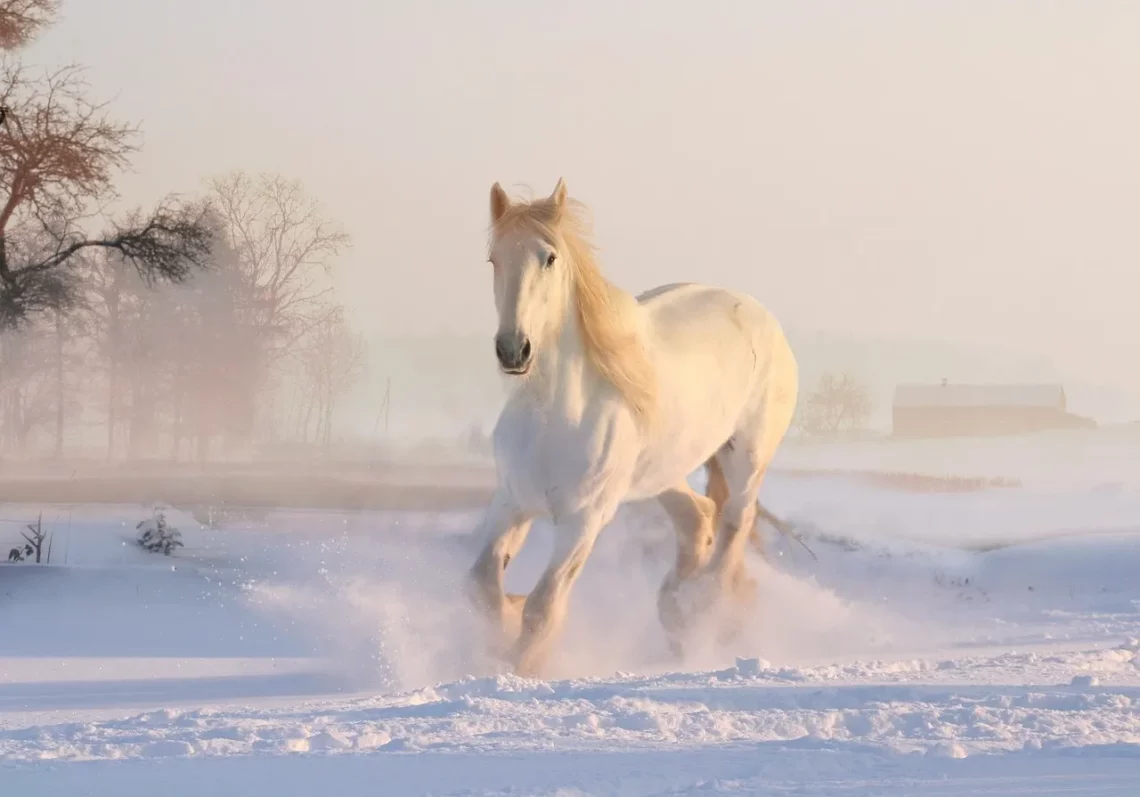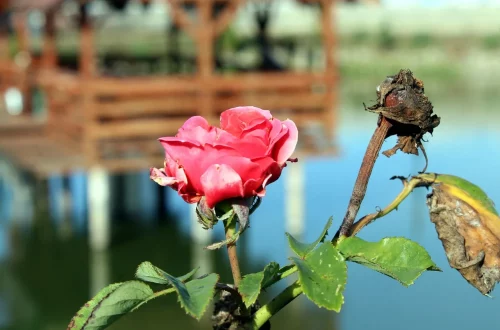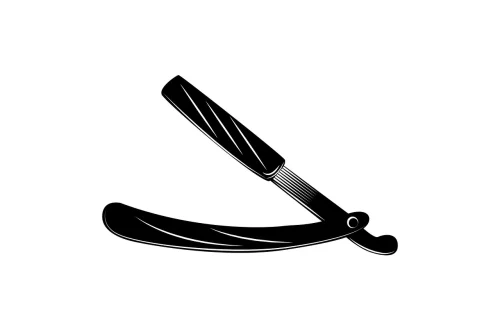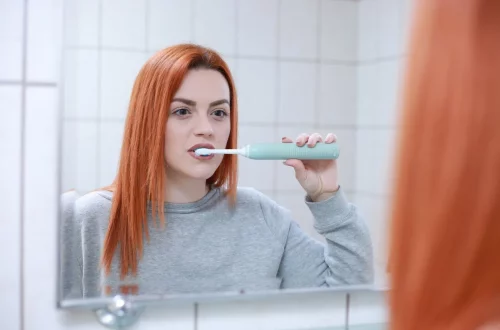
Exploring the Complex Relationship Between Women and Horses
The bond between women and horses has long been a subject of fascination, intricately woven into the fabric of cultures around the world. From the early days of domestication, women have played a pivotal role in managing and caring for horses, shaping not only their own destinies but also the trajectories of societies. This relationship transcends mere utility; it is imbued with emotional depth and cultural significance.
Horses have served as companions, symbols of power, and partners in various pursuits, from agriculture to sport. The connection that women forge with these majestic creatures often reflects broader themes of empowerment, freedom, and self-discovery. This profound relationship is not merely a historical account but a living narrative that continues to evolve, highlighting the unique ways in which women engage with horses today.
As we delve into this complex relationship, we will explore its various dimensions, from the emotional bonds that develop through care and training to the empowering experiences that come from riding and competing. The narrative is rich and multifaceted, inviting us to consider the ways in which these two beings—human and horse—interact, influence, and inspire one another across generations.
The Historical Context of Women and Horses
The historical relationship between women and horses can be traced back to ancient civilizations, where women often occupied crucial roles in horse management and care. In many cultures, horses were not just livestock; they symbolized status, wealth, and power. Women, whether as caretakers or equestrians, played significant roles in how these animals were integrated into society.
In ancient societies, women were often tasked with the responsibility of caring for horses, particularly in agricultural settings where horses were indispensable for plowing fields and transportation. This labor not only provided women with a sense of purpose but also allowed them to develop skills that were respected within their communities. The ability to handle horses and understand their behavior was a mark of competence and strength, challenging contemporary notions of gender roles.
As societies evolved, so did the roles of women concerning horses. The advent of horseback riding as a sport further solidified the bond between women and horses. In various cultures, women began to participate in equestrian competitions, breaking societal norms and showcasing their skills in ways that were previously reserved for men. These events not only celebrated the bond between horse and rider but also served as platforms for women to assert their independence and capabilities.
In modern times, this historical context remains relevant. The legacy of women and their connection to horses has paved the way for a more inclusive understanding of equestrian sports and horse care. Today, women dominate many equestrian disciplines, from dressage to show jumping, reflecting the ongoing evolution of this relationship. The historical significance of women and horses continues to inspire new generations, fostering a deep appreciation for this enduring bond.
The Emotional Bond: Understanding the Connection
The emotional connection between women and horses is profound and often transformative. For many, horses serve as more than just animals; they are confidants and companions, providing support and understanding that can be hard to find in human relationships. This bond is characterized by mutual respect and trust, which is cultivated over time through shared experiences.
Equestrian activities, whether it’s riding, grooming, or simply spending time with a horse, can evoke a range of emotions. Women often describe the sense of peace and fulfillment they experience when interacting with horses. The rhythmic sound of hooves, the warmth of a horse’s breath, and the gentle nuzzle of a muzzle can create a calming atmosphere, offering solace in times of stress or emotional turmoil.
Additionally, the act of training and caring for a horse fosters a sense of responsibility and accomplishment. Women who engage in equestrian sports or horse care often report increased self-esteem and confidence. The challenges encountered in these activities—be it mastering a new riding technique or overcoming a horse’s behavioral issues—can lead to personal growth and resilience.
Moreover, the bond can also serve therapeutic purposes. Equine-assisted therapy has gained recognition for its effectiveness in helping individuals process trauma, anxiety, and other emotional challenges. Women, in particular, have found healing through their interactions with horses, as the animals can often sense and respond to human emotions, creating a unique therapeutic partnership.
The emotional aspects of the relationship between women and horses are multifaceted and deeply enriching, highlighting how this bond transcends mere interaction to become a source of empowerment and healing.
Empowerment Through Equestrian Sports
Equestrian sports have become a powerful avenue for women to assert their independence and strength. From the competitive arenas of show jumping to the tranquil fields of dressage, women have carved out significant spaces in the equestrian world, often challenging traditional gender roles in the process. The engagement in these sports provides a platform for empowerment, enabling women to showcase their skills, determination, and passion.
Participating in equestrian sports requires a unique blend of physical strength, mental focus, and emotional intelligence. Riders must develop a deep understanding of their horses, learning to communicate effectively and build a partnership based on trust. This intricate dance of cooperation fosters a sense of accomplishment that can be immensely empowering. Women often find that their success in the arena translates into other areas of their lives, boosting their confidence and self-worth.
Furthermore, equestrian competitions often foster community among women. Riders, trainers, and enthusiasts come together to support each other, share experiences, and celebrate achievements. This camaraderie creates an environment where women can thrive, encouraging one another to push boundaries and pursue their equestrian dreams. The friendships formed in this context often extend beyond the arena, leading to lifelong bonds.
Moreover, the visibility of women in equestrian sports has inspired many young girls to pursue riding and horse care. Role models in the form of successful female riders and trainers serve as beacons of possibility, encouraging the next generation to engage with horses. This ripple effect is significant, potentially altering societal perceptions of women’s roles in sports and animal care.
In essence, the world of equestrian sports not only provides an outlet for women to express their passion for horses but also serves as a powerful catalyst for personal empowerment and community building.
Modern Perspectives: Women in Equine Therapy and Welfare
In recent years, the role of women in equine therapy and welfare has garnered increased attention, highlighting their contributions to promoting the health and well-being of both horses and humans. Women have emerged as leaders in these fields, advocating for humane treatment, rehabilitation, and the therapeutic potential of working with horses.
Equine therapy has proven to be an effective intervention for individuals facing a range of mental health challenges. Women, often at the forefront of these initiatives, utilize their understanding of horse behavior and emotional intelligence to create supportive environments. They work with therapists to facilitate connections between clients and horses, enabling individuals to process emotions and build coping skills in a safe space. This growing field has opened doors for many women, allowing them to integrate their passion for horses with a desire to help others.
Additionally, women are increasingly involved in equine welfare organizations, working tirelessly to rescue, rehabilitate, and rehome horses in need. These efforts often involve a combination of advocacy, education, and hands-on care, emphasizing the importance of treating horses with respect and dignity. Women in these roles not only improve the lives of horses but also raise awareness about the broader issues of animal welfare and responsible ownership.
The modern landscape of equine therapy and welfare illustrates a shifting perspective on the roles women play within the equestrian world. Their contributions are vital to the advancement of these fields, reflecting a commitment to both horse and human well-being. As society continues to recognize the importance of mental health and animal welfare, the influence of women in these areas will undoubtedly grow, shaping a more compassionate future for both horses and humans alike.
In conclusion, the relationship between women and horses is rich and multifaceted, encompassing historical, emotional, and empowering dimensions. As we continue to explore and celebrate this bond, we recognize its potential to inspire and transform lives.
*Note: This article is for informational purposes only and is not intended as medical advice. Consult a healthcare professional for any health-related concerns.*




